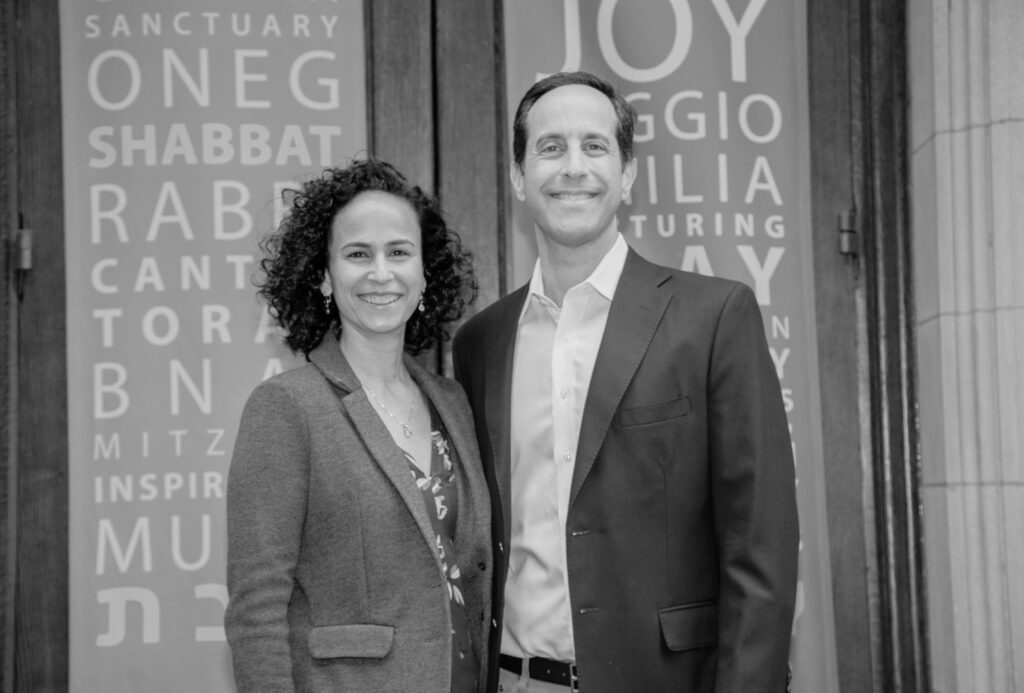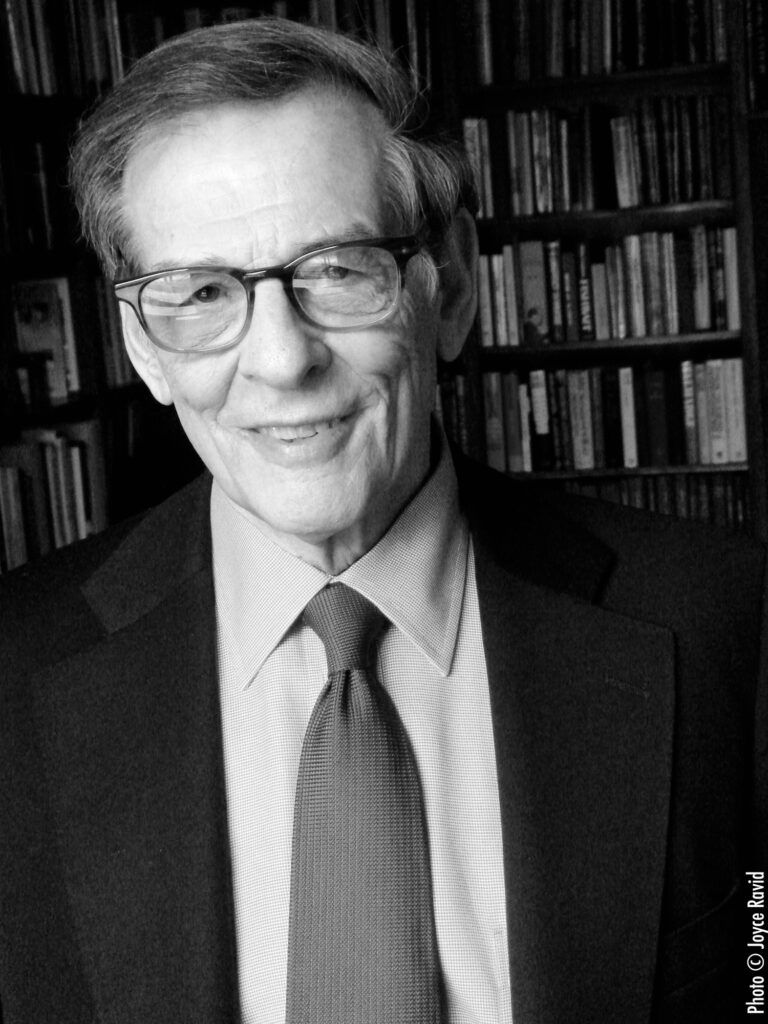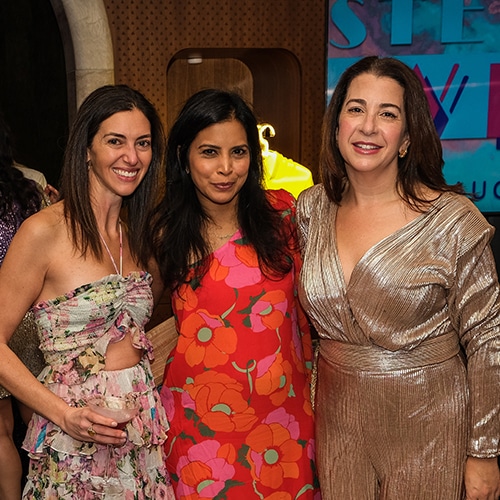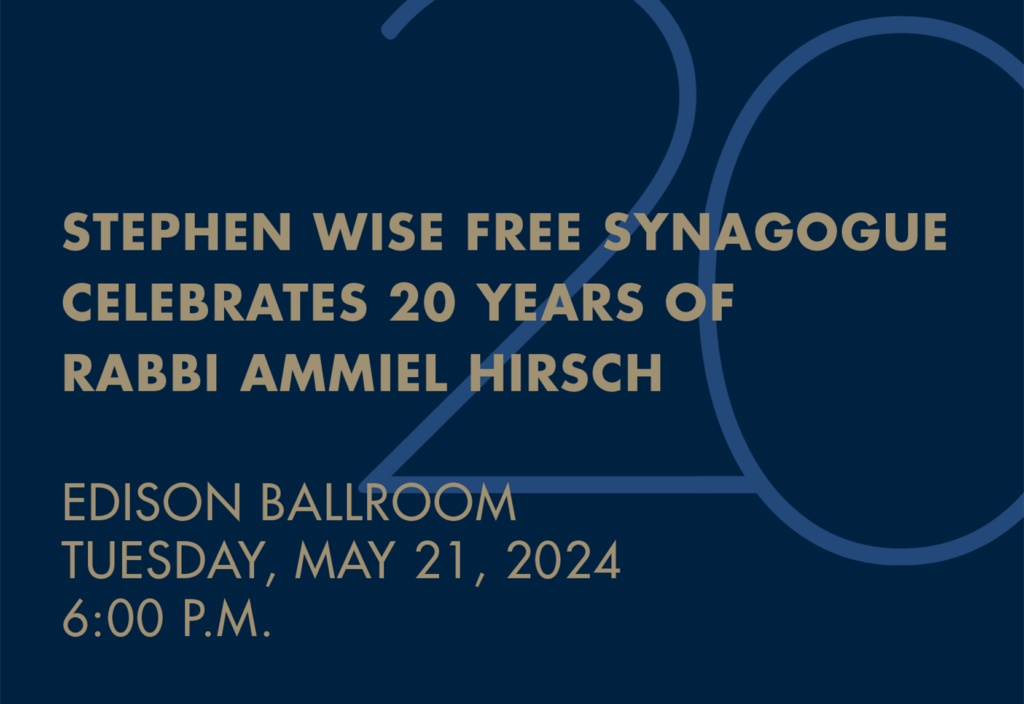As rabbi-educators at large synagogues in New York, we were not surprised when our inboxes were flooded with emails from parents expressing their frustration and concern with their schools’ responses to the October 7th Hamas terrorist attack on Israel. They wanted advice on reacting to statements from their schools that failed to directly call out terrorism or express compassion and concern for the Jewish community. In some cases, schools that had condemned other world events were silent in the face of a massacre in Israel. In other cases, schools allowed antisemitism from teachers or students to go unchecked.
After spending so much time speaking to families, we realized that there are some best practices that can help support other parents as they work with their schools in the coming weeks and beyond.
First and most importantly, parents need to ensure that their child is physically and emotionally safe in school. At the absolute minimum, that is what schools need to provide and parents should take issues of safety as high up in the administration as they need to ensure their child’s well-being. If a child doesn’t feel safe speaking up — or even if it is just too much for them — look for supports in the larger Jewish community who may be able to help, like your local synagogue or federation or a national organization like the American Jewish Committee or the Anti-Defamation League. It is not the responsibility of Jewish parents or children alone to fix antisemitism in their schools.
Just as parents seek out allies in the larger Jewish community, they also should do so inside their own schools before speaking to the school administration. That could be other parents, teachers, or other administrators, whether Jewish or not. Parents shouldn’t feel obligated to wait for schools to create a specific Jewish affinity group. Parents can initiate it in an official or unofficial capacity and find ways for the Jewish members of the community to gather, support one another, and share traditions.
Once parents connect with allies, the next step is to define the goal: what do you want schools to actually do around issues of Israel and antisemitism? Some possible goals include: using clear language that names and condemns antisemitism, terrorism, and violence; offering continuing support to the Jewish community; including antisemitism in their DEI work, as President Biden’s Department of Education has recommended; adjusting their curriculum to share a wider picture of what it means to be Jewish (and not only by teaching about the Holocaust or Israel); and acknowledging and celebrating Jewish joy and traditions, including Jewish American Heritage Month in May.
These conversations with schools are not easy, but they are vital. Parents need to approach their schools with a clear plan, rather than leading with raw emotion. Parents should focus on building a partnership for the long term and not just responding to this one moment in time; that is how we make lasting change.
One thing to keep in mind is that schools do not have to teach about the Israeli-Palestinian conflict if they do not have faculty who are experts on the subject. There is no perfect, unbiased curriculum that parents can hand to schools that will equip them to teach about these charged issues. But what schools can and should do, is teach students media literacy, around both traditional and social media starting from a young age. It would help everyone approach difficult and complex topics with nuance and empathy, rather than continuing to repost and react to disinformation.
Speaking personally to parents as you are working with your schools, do not forget that synagogues are a place of Jewish gathering, where we want you and your child to feel supported, safe, connected, and proud of their Jewish identity. The educators, cantors, and rabbis are resources and are equipped to teach complex topics in a way that is thoughtful, historically accurate, and steeped in Jewish values. If you are not a member of a synagogue, now is a great time to join. And if you are, now is a great time to renew your connection to your community. We are stronger together.
Rabbi Rena Rifkin is the director of youth education at New York’s Stephen Wise Free Synagogue and Rabbi Rebecca Rosenthal is the director of youth and family education at New York’s Central Synagogue.





